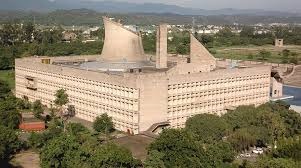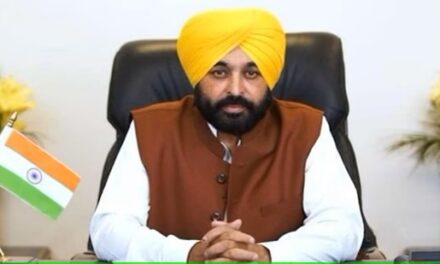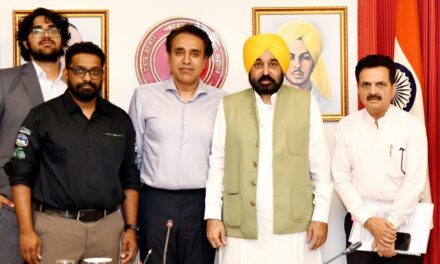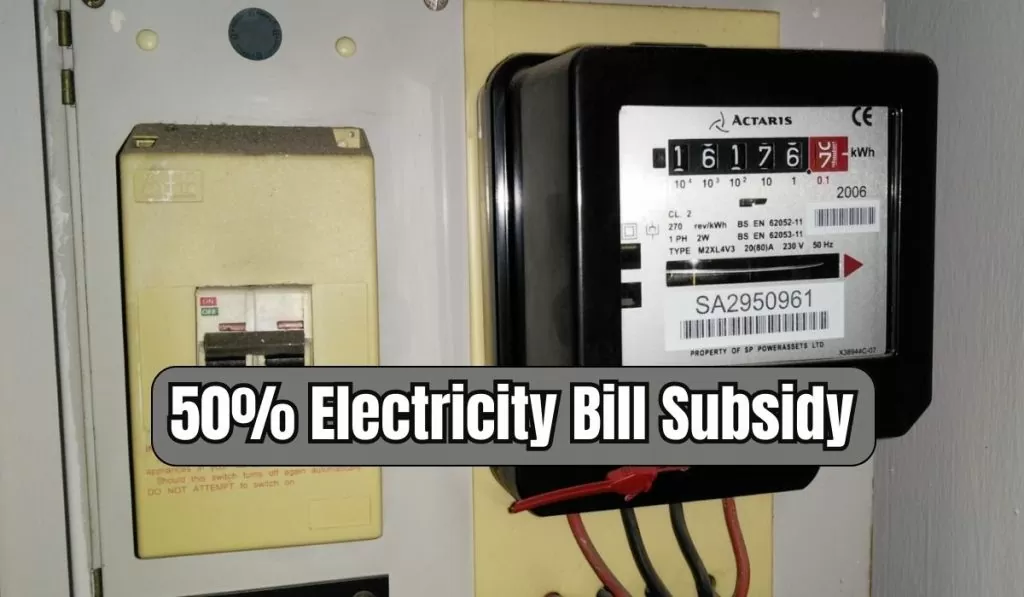Uttarakhand CM Pushkar Singh Dhami Announces 50% Electricity Subsidy for Poor Consumers on His Birthday
Uttarakhand Chief Minister Pushkar Singh Dhami marked his birthday by giving a significant relief to poor electricity consumers across the state. In a major announcement made during a program held at the Mukhya Sevak Sadan, CM Dhami introduced a 50% subsidy on electricity bills for consumers using up to 100 units of power. This move is set to benefit around 11.50 lakh electricity consumers in the state, bringing much-needed financial relief to many households.
The Chief Minister’s announcement also extended special consideration to the residents of the high Himalayan regions, where the subsidy limit will be higher, covering up to 200 units of electricity consumption. This policy aims to assist people living in remote and hilly areas who often face harsher living conditions and higher energy consumption needs due to the cold climate. Consumers with an electricity load of up to one kilowatt will be eligible for this subsidy, ensuring that the benefits reach those who need them the most.
“This is a step towards making electricity affordable and accessible for the poor. We want to ensure that the basic needs of our citizens are met without adding financial burden,” said CM Dhami during the event. The announcement has been widely appreciated as a thoughtful gesture on his birthday, directly impacting the lower-income groups across Uttarakhand.
In addition to the subsidy announcement, CM Dhami also launched several other initiatives to enhance the state’s power infrastructure. He kickstarted the installation of 16 lakh smart meters under the centrally funded Revamped Distribution Sector Scheme (RDSS) in both the Garhwal and Kumaon regions. The installation of these smart meters is expected to modernize the state’s energy sector, improving efficiency and transparency in billing and consumption tracking.
Furthermore, in an effort to make Dehradun’s power system more resilient and sustainable, the Chief Minister inaugurated a project to underground the power lines along the city’s main routes. This initiative, undertaken with assistance from the Asian Development Bank (ADB), is part of the Uttarakhand Climate Resilient Power System Development Project. The project aims to protect the power infrastructure from environmental challenges and improve the reliability of electricity supply in the state capital. The undergrounding of power lines will cost approximately ₹977 crore, and it is expected to significantly reduce the disruption caused by natural disasters such as landslides and heavy rains.
CM Dhami also laid the foundation stone for five additional power projects funded by the ADB. These include the construction of a 220 kV GIS (Gas Insulated Switchgear) substation in Selaqui, along with its associated power line, and the construction of a 132 kV GIS substation in Araghar. Similar substations and power lines are set to be built in Lohaghat, further improving the electricity distribution network in these areas.
These projects, Dhami emphasized, are designed to strengthen the state’s power infrastructure and ensure a stable electricity supply to all regions, particularly in the high-altitude areas where power supply can often be erratic due to extreme weather conditions. “By implementing these projects, we are ensuring that Uttarakhand’s power system becomes future-ready, more reliable, and better equipped to serve our citizens efficiently,” Dhami said.
The combination of subsidies for the poor and significant investments in modernizing the state’s power grid demonstrates CM Dhami’s commitment to improving the quality of life for Uttarakhand’s residents. His birthday announcements have been hailed as a thoughtful move that addresses both immediate economic concerns and long-term infrastructure needs.
As the state continues to develop, these efforts to improve energy access and affordability will play a key role in driving Uttarakhand’s progress and ensuring equitable growth. CM Dhami’s initiatives are expected to make a substantial impact, particularly for the poor and those living in the more remote regions of the state.




